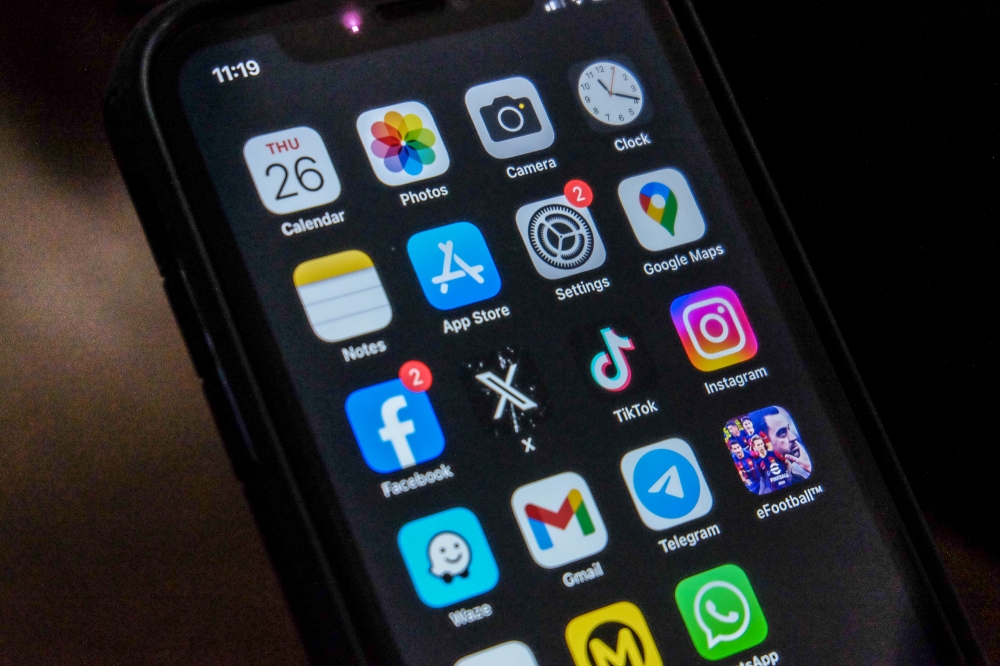JULY 23 — The recent case of an influencer taking her own life after being bullied online again raises the spectre of online violence.
This may make it worth revisiting Jaron Lanier’s 10 Arguments for Deleting Your Social Media Account which argues that social media platforms, among other things, foster a breeding ground for negativity and manipulation.
Argument #3, “Social Media turns us into assholes” would seem most relevant here.
Mea culpa, I know I’m not innocent too when it comes to blasting and berating strangers online.
The mediated-ness of social media creates a distance between people which, far from making the heart grow fonder, tends to so easily bring out the worst in us.

Because you’re unknown to me and separated by a million degrees of Web pages I am untroubled in believing the absolute worst about you and uninhibited in dogmatically condemning you to hell and back.
Forget about feelings, forget about real-world consequences; the disinhibition super-charges our hatred and malice and, worse, helps justify it.
By tempting us to view others as less than human, in an ironic way, social media dehumanises us.
Needless to say — and this constitutes another of Lanier's key arguments —is that social media platforms prioritise engagement over well-being.
As if negative emotions aren’t already strong enough to keep people glued to their screens and clicking and scrolling 24/7, those pesky algorithms add fuel to fire and basically ensure our minds are hand-cuffed to the app (and the key thrown away).
We all know that social media algorithms are there to exploit and manipulate our data, attention, and emotions as commodities to be exploited.
Social media companies sell this data to advertisers, who craft personalised content designed to make us buy more stuff.
This “data-driven” approach therefore creates an online milieu where users are constantly compared, judged, and pressured to present a curated online persona.
Such relentless pressure to conform can exacerbate feelings of inadequacy and worthlessness — precisely the vulnerabilities that cyberbullies exploit.
In a word, all those likes and shares have a very dark side.
This is the flip-side of the debate about whether or not violent games produce violent people. Among a thousand people, 999 may be immune.
But there’s always that one person who already has violent tendencies for whom those many hours of "killing" people online could serve as the straw breaking the camel’s back.
Likewise, there are some people who are already depressed and sad and anxious; for these folks, social media is doubly dangerous as just one comment or video could push said person over the edge.
Just like violent video games, social media may not be the primary cause of bad things happening — but that doesn’t mean it’s not part of the problem.
* This is the personal opinion of the columnist.






















